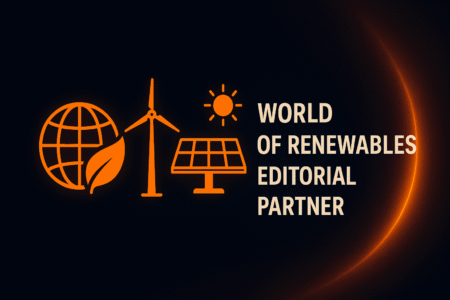Here’s a resource we’ll have plenty of as ever wider swathes of our forests get decimated by pests like the Pine Bark Beetle
Dead trees. In an adaptation eerily reminiscent of Thomas Edison’s dictum We live like squatters, not as if we owned the property” a university has invented a technology to harvest one of the horrific effects of climate change.
The University of Georgia Research Foundation has developed an innovative way to turn dead trees into a liquid fuel and has licensed it to Tolero Energy in California. We could be driving on our dead forests as soon as 2010.
The technology represents a leap forward for the biofuels industry. Not only does the resulting biofuel need no additional refinement before blending with diesel fuel, but it is a naturally very low-sulphur biofuel.
And it would prevent additional CO2 from being released if the forest was left to decay.
But the biggest leap is in thinking of using a non-food source (at least for us humans) of biomass that we will have an ever increasing abundance of, as our climate gets worse and worse. And it doesn’t take scarce water resources to grow. Quite the contrary. Droughts and rising temperatures are all it needs.
Dead trees are one of the major sources of waste biomass, says Tolero CEO Chris Churchill.
“Infestations of the mountain pine beetle have devastated forests in the western United States and Canada, killing over 40 million acres of pine trees. As the trees decompose and decay, they release millions of tons of CO2 into the atmosphere, and the devastation has created a significant and dangerous fire hazard in the western forests.
“Harvesting dead trees and forest residue and converting them to renewable fuel and soil amendment products will help reduce the CO2 released into the atmosphere and reduce the fire danger. The recent fire in the Los Angeles foothills, which was fueled by years of highly flammable dead biomass build-up, is a prime example of a situation where this technology can be put to use. Tolero has the capability to establish pyrolysis facilities to process the dead underbrush and convert it to a renewable fuel that is easy to transport,” Churchill said.
Lead inventor of the technology is Tom Adams, a retired member of the University of Georgia Faculty of Engineering. Co-inventors are John Goodrum, Manuel Garcia-Perez, Dan Geller and Joshua Pendergrass – all presently or previously associated with the Faculty of Engineering there.
“Fuel produced through this efficient technology, which uses dead biomass as the starting material, holds the promise of being highly economical, carbon-negative and environmentally acceptable,” said Adams, now an engineering consultant.
Tolero will use this low-cost, on-site process to turn waste biomass into sustainable and renewable forms of energy and industrial products. The biomass is heated at carefully controlled high temperatures in the absence of oxygen, a process known as fast pyrolysis. The vapors produced during pyrolysis rapidly condense into a bio-oil that can be added to biodiesel or petroleum diesel. Other pyrolysis by-products are gas and bio-char, which can be used as a soil amendment.
“We are glad that our new business partner, Tolero, will be using biomass waste as starting material for the production of biodiesel,” said Gennaro Gama, senior technology manager charged with the management of University of Georgia’s bioenergy technologies.
“Not only is this approach socially responsible, since it does not employ food crops as the source of biofuels, it also is ecologically sound, as it will open areas to reforestation and at the same time lead to the production of cost-efficient, sulfur-free fuels,” he said.
“This commercialization approach perfectly reflects the social and ecological concerns of UGA’s bioenergy researchers and the research partnership formed with Tolero,” Gama concluded.
If we had not invented the combustion engine, we would not have had the climate change that provides us this fuel byproduct of climate change for more combustion engines.
Kudos to the inventors at the University of Georgia and the biofuel company Tolero. We have been dealt lemons. They are making lemonade.










